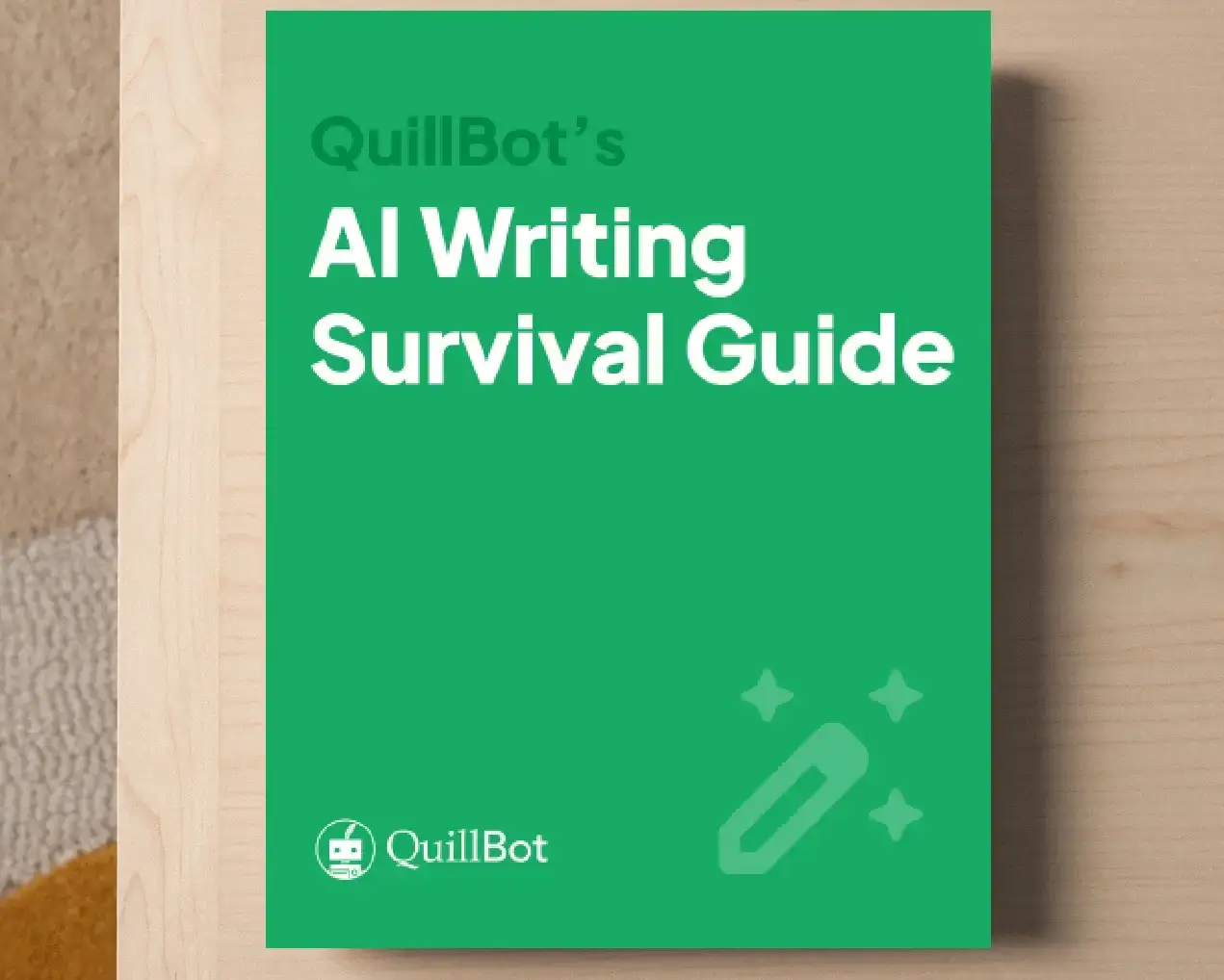Past Tense of Bite | Definition & Examples
The simple past tense form of the verb bite (meaning “cut into with the teeth”) is bit, and the past participle is bitten.
Bite is an irregular verb, so it doesn’t add “-ed” to form the past tenses. In American English, you can also use bit as the past participle.
| Simple past of bite | Past participle of bite |
|---|---|
| The girth was too tight and bit into the horse’s flank. | The cake was so delicious that Mo had bitten off too much for one mouthful. |
| As night fell, the bugs bit us like crazy. | If I hadn’t shut the door, the dog would have bitten me. |
| The moment you bit into the steak you could taste its perfection. | Jean had been bitten by the marathon bug and was about to take part in her fifth race. |
Bit or bitten?
In British English, bit is the simple past tense form of bite, and bitten is the past participle. In American English, bit is the simple past form, and both bit and bitten can be used as the past participle.
The past participle is used for the perfect tense forms of the verb (e.g., “It was clear that Santa’s reindeer had bitten the end off the carrot”) and the passive voice (e.g., “It felt like I had been bitten by every mosquito on the island”).
I had been bit/bitten/bitten by his dog before, and I wasn’t taking any chances this time.
The poor kids at camp had been bit/bitten/bitten all over.
Bited
Bited is not recognized by most dictionaries as a word in standard English, although you might encounter it informally or as part of local dialects. The correct simple past tense form of the verb bite is bit, and the past participle is bitten (and bit in American English).
- Before I could say, “Stop!” Mary had bited into the burger.
- Before I could say, “Stop!” Mary had bitten into the burger.
- Before I could say, “Stop!” Mary had bit into the burger.
Other interesting articles
If you want to know more about citation, reasoning, or rhetoric, check out some of our other articles with explanations and examples.
Citation
Reasoning
Frequently asked questions about the past tense of bite
- Is bited a word?
-
No, “bited” is not a word in standard English. The simple past tense form of the verb bite is bit, and the past participle is bitten.
- The cat bited and scratched me.
- The cat bit and scratched me.
- The traffic congestion had bited into our time at the beach.
- The traffic congestion had bitten into our time at the beach.
It is easy to check if you’re using the past tense of bite correctly with the QuillBot Grammar Checker.
- What does bit mean?
-
The word bit has a number of meanings. It is the simple past tense of bite, meaning “cut into with the teeth” or “have a (negative) impact on” (e.g., “The spending cuts were starting to bite”).
In American English, it can also be an alternative to bitten as the past participle of bite.
Bit is also a noun referring to a “small part of something” (e.g., “That’s our bit of land over there”) or “metal bar in a horse’s mouth attached to the reins” (e.g., “The horse was impatiently stomping its feet and chewing its bit”).
The phrase a bit can be used as an adverb meaning “somewhat” (e.g., “That’s a bit naughty”).
You can easily find synonyms for words like bit using the QuillBot Paraphrasing Tool.
- What is the past participle of bite?
-
The past participle of the verb bite is bitten in both American and British English (e.g., “You could see the teeth marks where her baby brother had bitten her”).
In American English, you can also use the past participle bit (e.g., “Cal had bit down hard on a peach pit and broken his tooth”).
Bit is also used as the simple past tense of “bite.”
You can use the QuillBot Grammar Checker to make sure you have the correct past tense of bite or any other verb.
Cite this Quillbot article
We encourage the use of reliable sources in all types of writing. You can copy and paste the citation or click the "Cite this article" button to automatically add it to our free Citation Generator.
Marshall, T. (2025, May 06). Past Tense of Bite | Definition & Examples. Quillbot. Retrieved October 22, 2025, from https://quillbot.com/blog/verbs/past-tense-of-bite/

